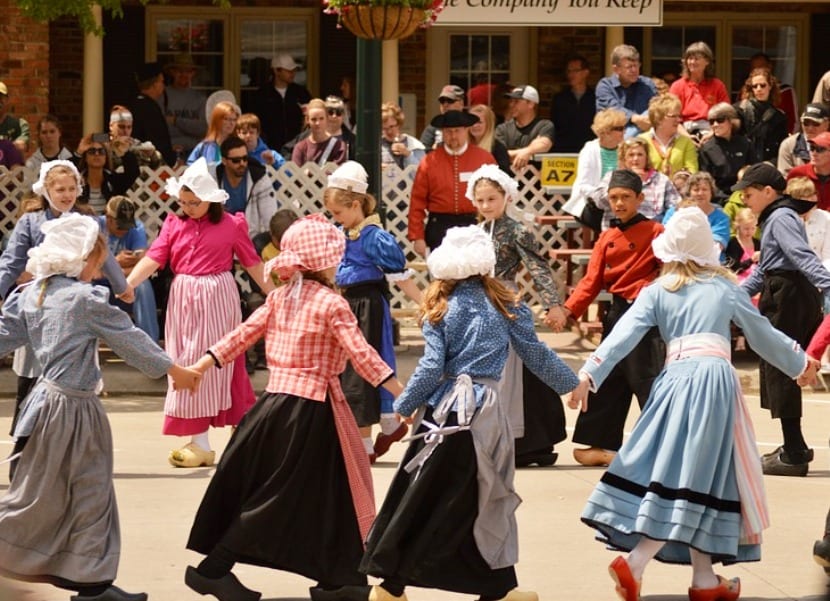
Perhaps it is important to make a nuance between what is the folk dance in Holland, and what is the Dutch folk dance. I explain, the traditional dance is the Dutch folk dance, which originated in the ancient villages to make people happy in their festivities throughout the year and there is a great variety of them. And today dances are still being created, which maintain the air of popular, but are new, and some of them have nothing to do with traditional music.
In general I will tell you that traditional Dutch dances are danced by country people, and with some very peculiar shoes (and from my point of view not comfortable to dance) the clogs. This is so because the clogs were the shoes chosen to go to church, and at the same time this was like the place chosen to celebrate.
Actually most of the folk dances of Holland are of Scottish origin, like Skotse trije, Skotse fjouwer, Horlepiep ... I'll give you some details about them later. In the East of Holland there are dances such as Driekusman, Hoksebarger, Veleta, Kruispolka and the Wals Spaanse that are of German origin.
Dances of Scottish origin: Skotse trije, Skotse fjouwer, Horlepiep
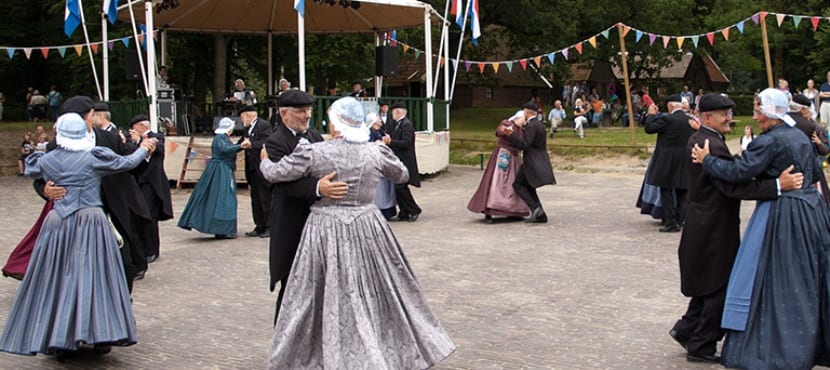
These dances Skotse three, Skotse fjouwer, Horlepiep they are more typical of the fishing ports along the North Sea coast and are heavily influenced by the dancing of Scotland and England.
Skotse trije, this dance, of which its origin is not really known but is attributed to the Scots is a complex dance consisting of salute and a chain.
Horlepiep is a dance that was previously only danced in a group by sailors. It is known that it came to Holland in the XNUMXth century, and it is the most acclaimed by tourists visiting the country.
Dances of German origin: Driekusman, Hoksebarger, Veleta, Kruispolka and Wals Spaanse
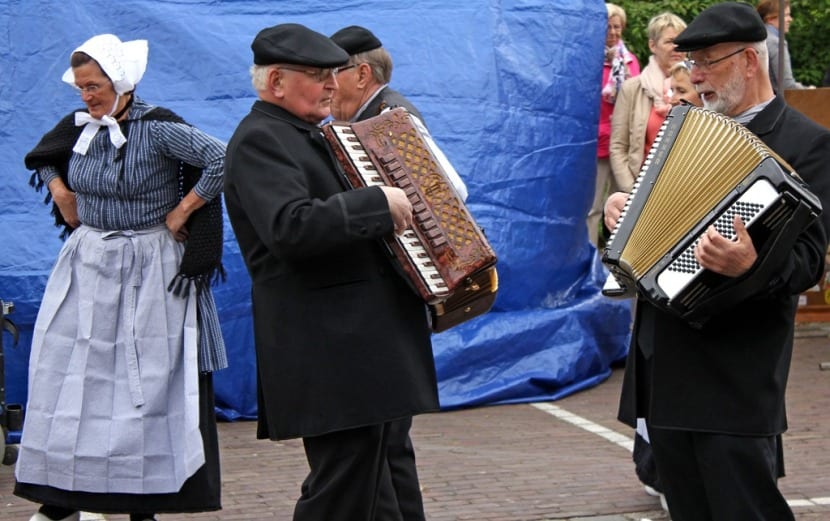
The other large group of Dutch dances are those of German influence. Driekusmann a very popular dance, especially during the fifties of the twentieth century, that speaks of an impossible love, or unmanageable. El whale English, Spanish waltz, it is considered the most elegant of dances, slow-paced, which originated in Tyrol, Austria, around the XNUMXth century, where it passed into southern Germany.
The traditional dances of Holland today
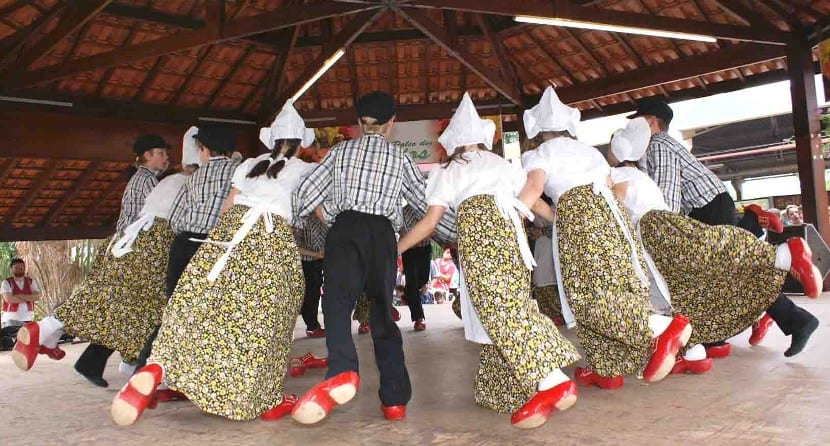
Today, based on the patterns or templates of traditional music, new choreographies are being implemented, more dynamic and in keeping with the times.. To maintain these traditions there is the Federation of Folk Groups in the Netherlands, where in addition to giving great importance to music, they preserve the typical clothes and songs written in languages other than Latin.
Since the last decade of the last century there has been in Holland, and other European countries, a phenomenon called Balfolk, this is a group of people who get together to dance European folk dances in the traditional way with live bands most of the time. During these meetings it is usual that first there is an initiation workshop for the curious, and then it goes on to dance. These organizations are the ones that later give rise to the traditional music festivals in the Low Country.
The new trends in Dutch dance
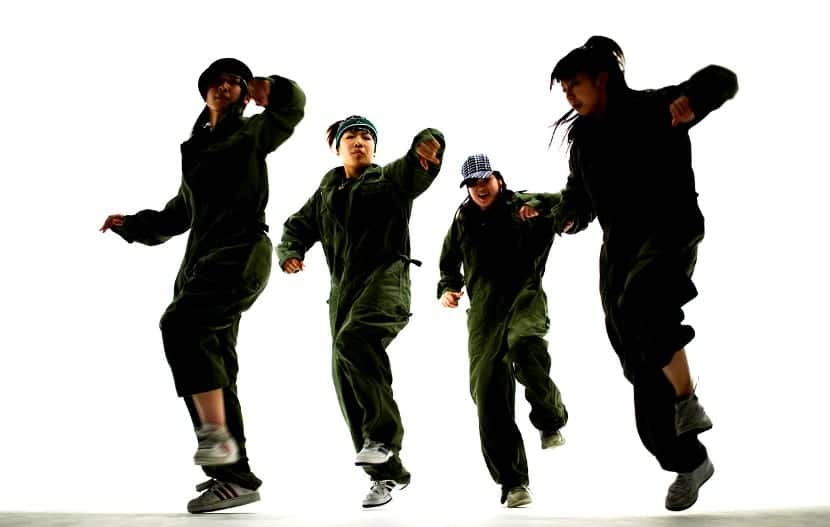
Moreover the Dutch are the creators of the Hakken, which derives from the verb hakken which means to cut, or to hack. This is a form of rave dance, and is primarily associated with the Gabber subculture. It was mainly danced in the techno and Hardcore Gabber scene of the 1990s. Trying to define a bit what the movements are like is that you take small steps that quickly follow each other, and also move your arms and torso. .
On the other hand, the Jumpen, which was invented in Belgium, was more successful among the Dutch neighbors, who have contributed a whole variety of Jumpstyle, creating a true revolution and evolution of this style of dance, which is not that it can be considered folkloric. , but which may already have the category of traditional in the street scene of Amsterdam and other Dutch cities.
but they cannot be easier names of the dances